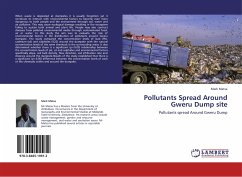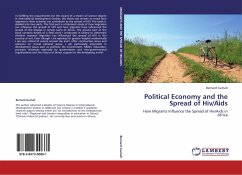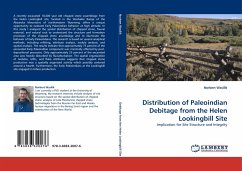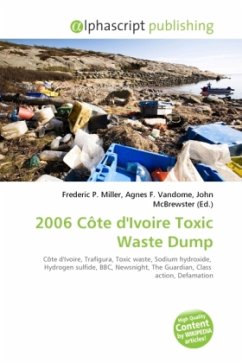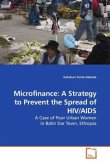When waste is deposited at dumpsites it is usually forgotten yet it continues to interact with environmental factors to become even more dangerous to both people and the environment through soil, water and air pollution. This may cause ecological damage resulting in the ecosystem failing to sustain both animal and plant life. People may also contract diseases from polluted environmental media through contaminated food, air or water. In this study the aim was to evaluate the role of environmental factors in the distribution of pollutants around Gweru dumpsite. The study compared the concentration levels of lead (Pb), cadmium (cd) and sulphides (SO2) around the dumpsite with the natural concentration levels of the same chemicals in the surrounding areas. It also determined whether there is a significant (p0.05) relationship between the concentration levels of pb, cd and sulphides and environmental factors specifically slope, soil bulk density, flow direction, soil infiltration rateand distance around the dumpsite.Results of the study established that there is a significant (p0.05) difference between the concentration levels of each of the chemicals within and around the dumpsite.
Bitte wählen Sie Ihr Anliegen aus.
Rechnungen
Retourenschein anfordern
Bestellstatus
Storno

